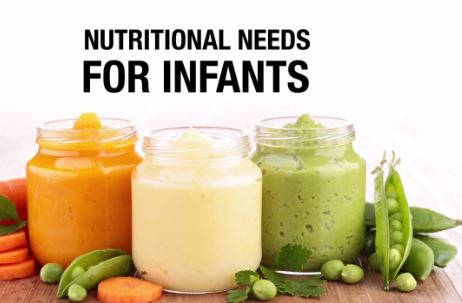Discover a detailed analysis of the Infant Nutrition Market by Kings Research, Crucial insights are illuminated through vivid graphs, charts, and figures, empowering astute decision-making. Infant Nutrition Market Size is experiencing robust growth, driven by increasing awareness about the importance of early childhood nutrition, rising disposable incomes, and a growing population. According to Kings Research, the market was valued at USD 91.72 billion in 2023 and is projected to reach USD 183.76 Billion by 2031, exhibiting a compound annual growth rate (CAGR) of 9.09% from 2024 to 2031.
The infant nutrition market is divided into two segments based on type: baby food and infant formula. In 2023, the market was dominated by the infant formula category, which was valued at USD 50.94 billion.
Browse Full Report Details Followed by TOC and Figures @ https://www.kingsresearch.com/infant-nutrition-market-665
Major Players
- Danone S.A.
- Nestlé S.A.
- Abbott Laboratories
- FrieslandCampina
- Mead Johnson & Company, LLC
- Reckitt Benckiser Group PLC
- AUSNUTRIA B.V.
- Perrigo Company plc
- Arla Foods
- HiPP GmbH & Co. Vertrieb KG
Market Segmentation
The infant nutrition market is broadly segmented by product type and sales channel. The primary product types include infant formula and baby food. The market is further divided by sales channels into hypermarkets/supermarkets, specialty stores, online retailers, and others.
Key Product Types
- Infant Formula: This segment is expected to hold the largest market share by 2031, with projected revenues reaching USD 99.62 billion. The increasing demand for convenient and nutritionally balanced alternatives to breastfeeding is a major driving factor for this segment
- Baby Food: This includes a variety of products such as purees, cereals, and snacks tailored to infants' nutritional needs. The growing trend towards organic and natural baby foods is fueling this segment's growth.
Sales Channels
- Hypermarkets/Supermarkets: These are the dominant sales channels due to their widespread availability and the convenience they offer to consumers.
- Specialty Stores: These stores cater specifically to baby products, providing a focused range of infant nutrition options.
- Online Retailers: The rise of e-commerce platforms has significantly contributed to the growth of the infant nutrition market, offering a wide range of products with the convenience of home delivery.
- Others: This category includes pharmacies, convenience stores, and other retail outlets.





